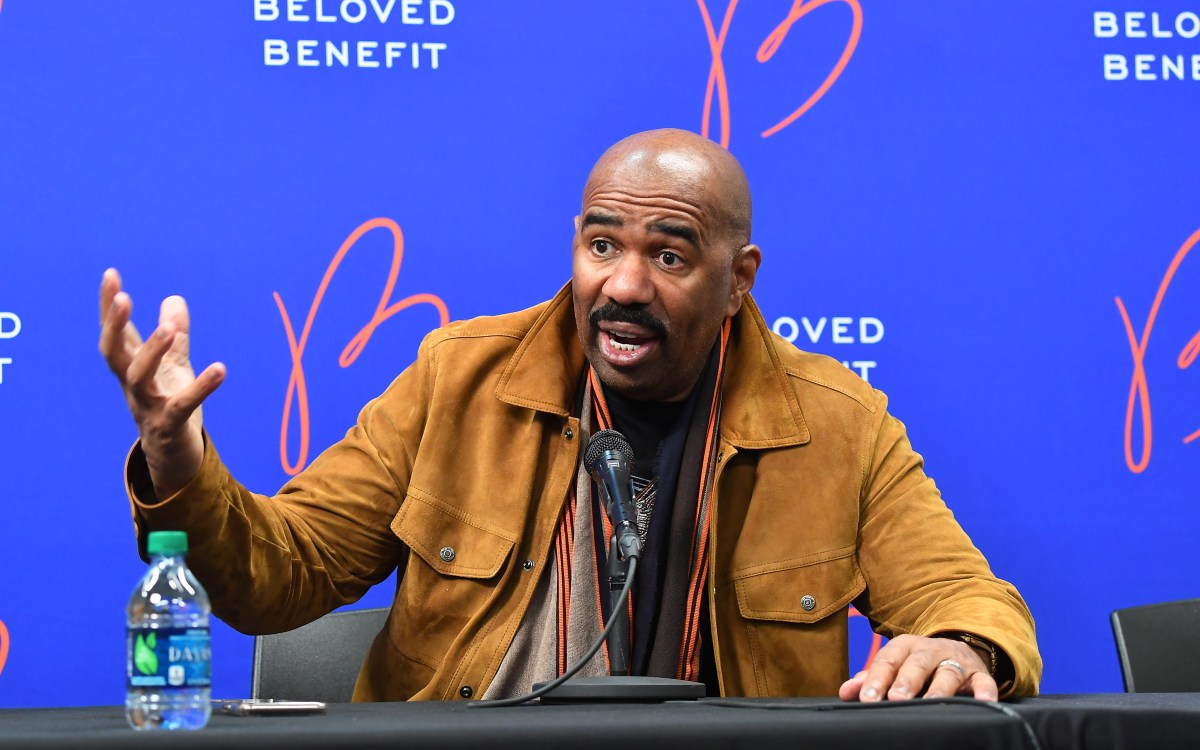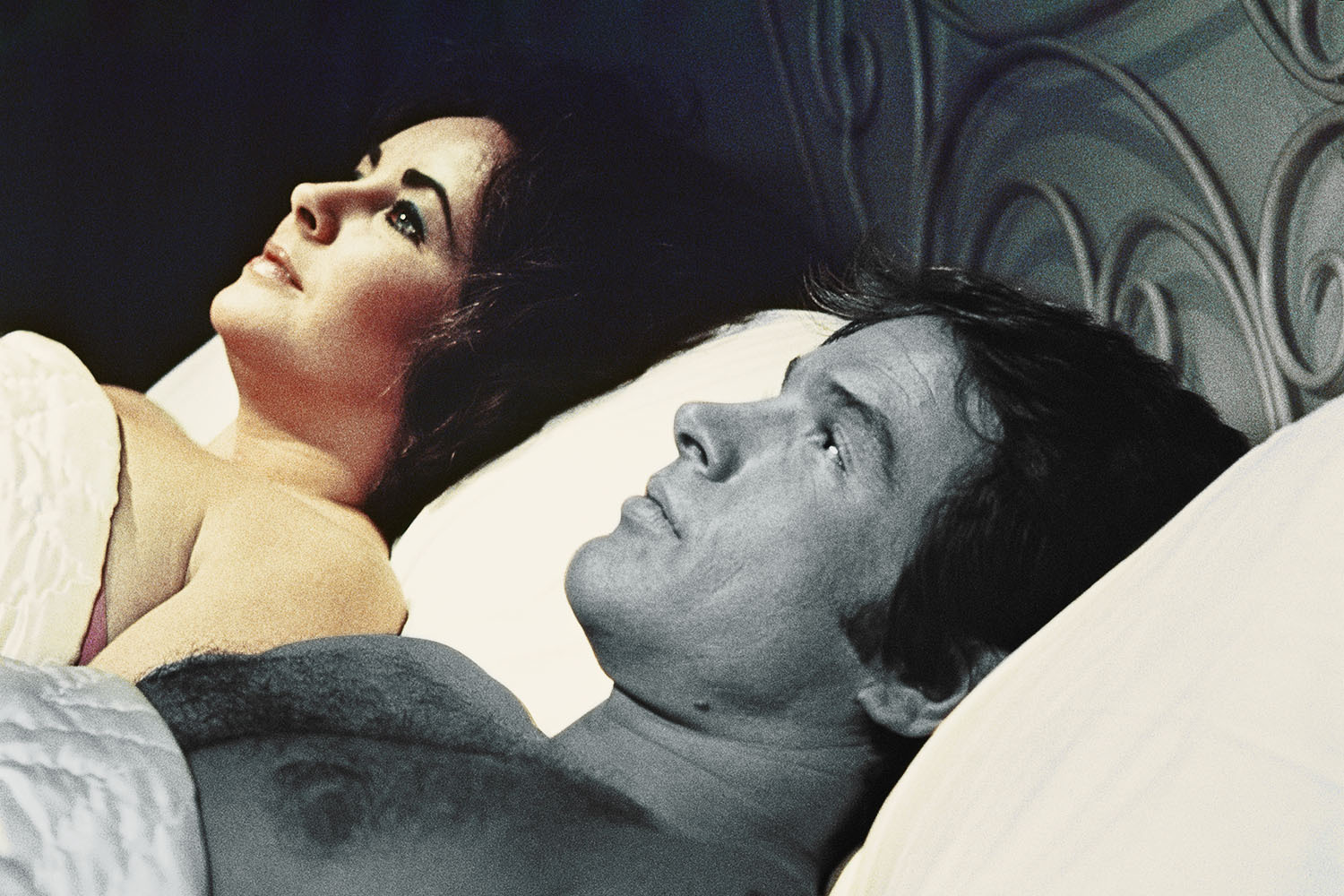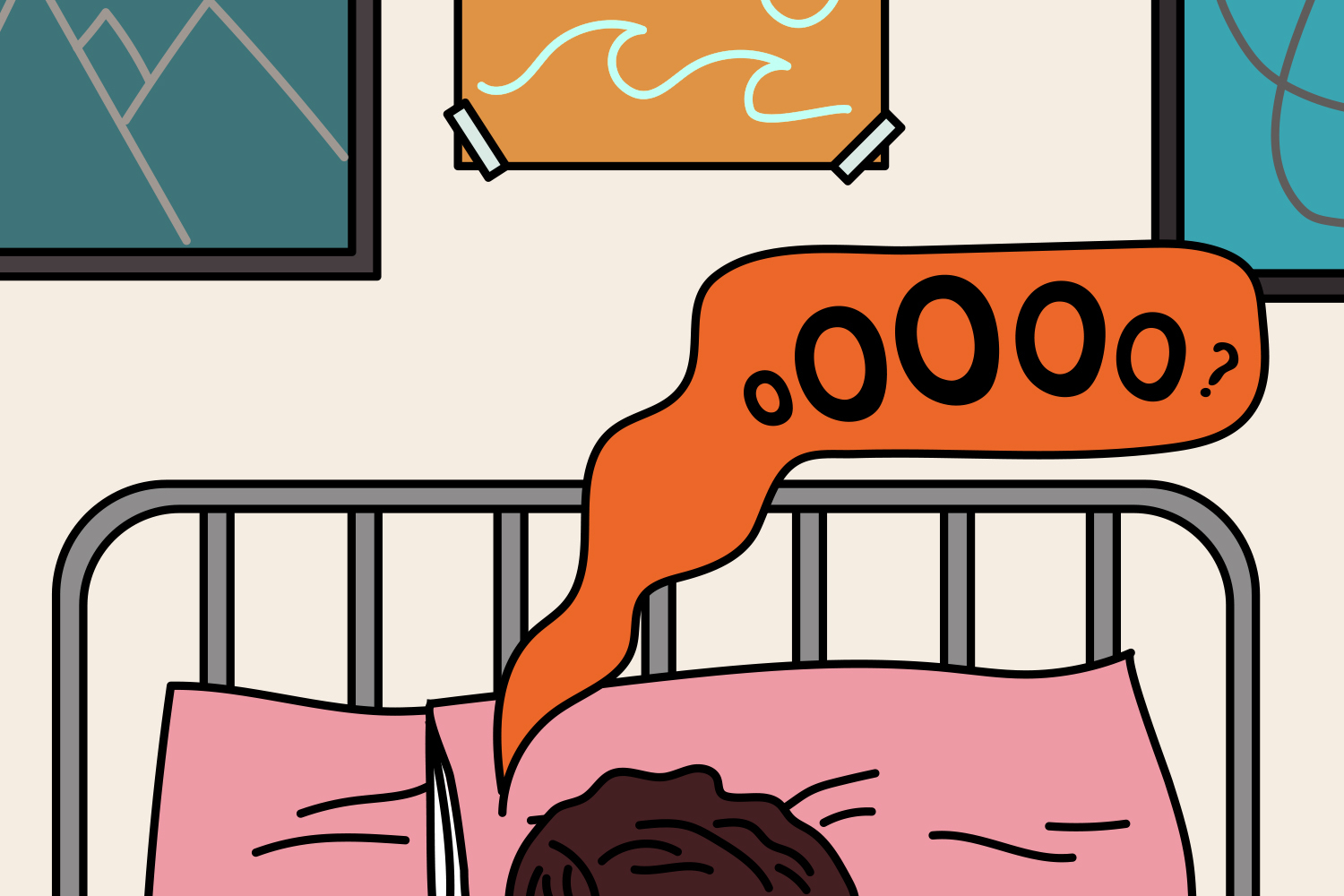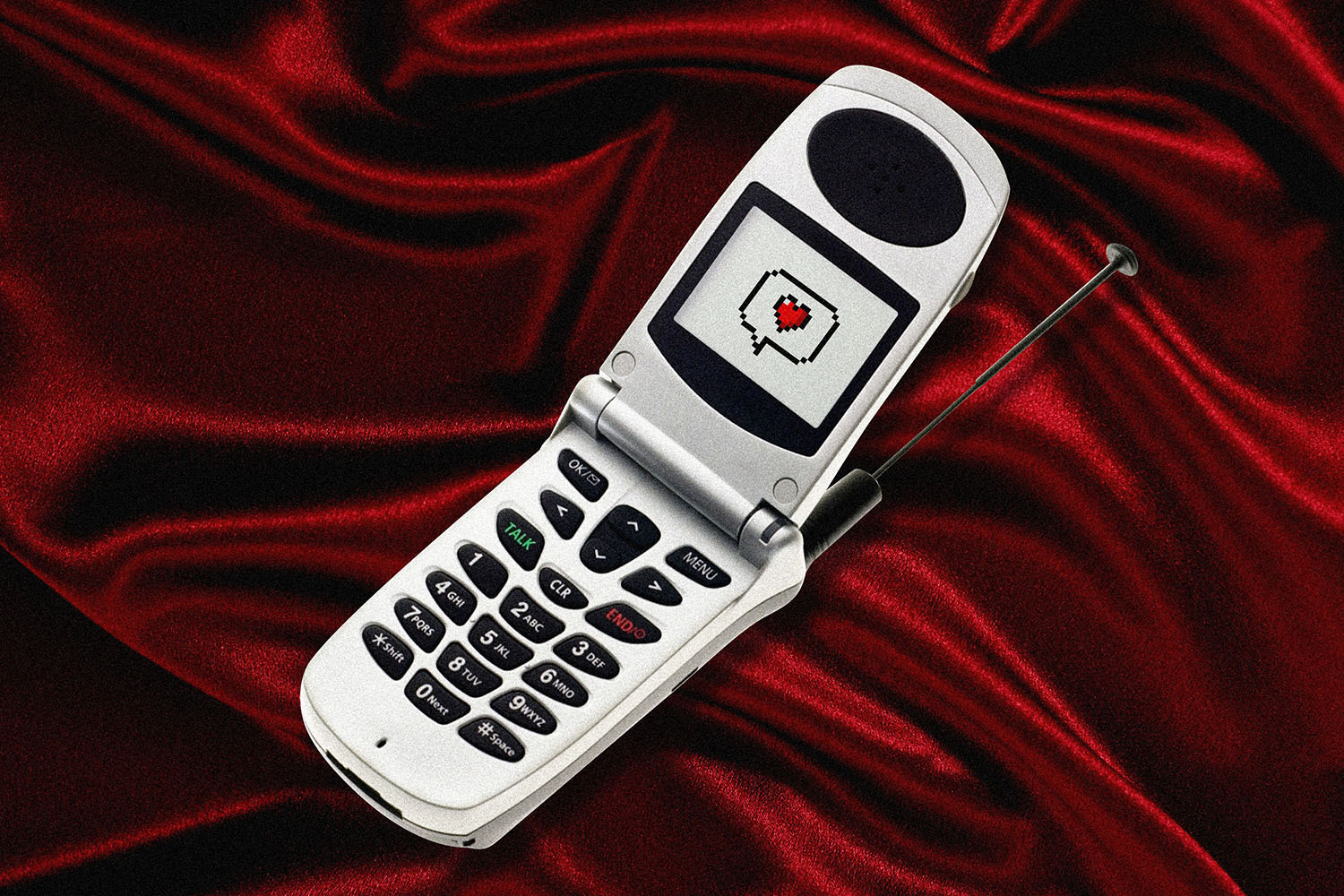Today in unnecessary internet discourse: a Steve Harvey interview from 10+ years ago is currently making the rounds on social media, where the TV personality is being roasted for some seemingly antiquated views on gender and friendship which he expressed, again, more than 10 years ago. Why is this happening now? Because while you may forget all the stupid stuff you said and did a decade or more ago, the internet remembers, and if you’re a person with anything resembling a public presence, someone will eventually dig it out of the archives and turn it into discourse.
Harvey’s number was called this week when a TikToker stumbled upon a clip from a 2010 CNN interview in which the comedian insists he is “incapable” of having female friends. In fact, according to Harvey, no man is capable of maintaining a strictly platonic friendship with a woman. Why? Because there is always an underlying sexual motivation — on the man’s part, at least — lurking beneath even the most seemingly nonsexual of relationships between two people of opposite sexes.
“We remain your friends in hopes that one day there’ll be a crack in the door, a chink in the armor,” Harvey told his interviewer, taking it upon himself to speak for all men. “Trust and believe that that guy that you think is just your buddy — he will slide in that crack the moment he gets the opportunity. Because we’re guys!”
This argument, which Harvey insisted is true of “99.9 percent” of men, will ring a bell for anyone familiar with a little 1989 rom-com called When Harry Met Sally. Maybe you’ve heard of it? The film — while a masterpiece of which I am generally reluctant to speak ill — hinges almost entirely on the thesis that “men and women can’t be just friends, because the sex part always gets in the way,” a belief Billy Crystal’s eponymous character expresses in an early monologue not unlike Harvey’s little interview rant.
While the film may remain sartorially relevant, its central argument has fallen out of fashion in the decades since its release, with many viewers calling out the heteronormativity and misogyny inherent in the “men and women can’t be friends” trope. We’re generally willing to overlook it, however, because it was 1989, after all, and also people really like Nora Ephron. But to hear that same sentiment expressed not in a 20th-century comedy, but rather asserted as fact by a public figure in 2021 (even if the comments were initially made in 2010) is alarming.
For one thing, Harvey’s views completely ignore the existence of non-straight people while also relying heavily on a binary conception of gender. But even if we restrict our interpretation of his comments to the cis-het community, there are still a number of issues here. Not only does Harvey’s stated belief in the inherent fallibility of friendship between the sexes paint women as little more than sex objects constantly and unwittingly vulnerable to the ulterior sexual motives of all men, including those they know and trust, but it also reinforces the problematic stereotype of the perpetually, uncontrollably horny man. In addition to being inherently untrue, this myth of inalienable male horniness is one of the core tenets of toxic masculinity, and is responsible for the harmful notion that men either can’t or needn’t be held responsible for sexual aggressions against women.
Of course, there are those who have argued that Harvey’s comments were made over a decade ago, and are thus past the statute of limitations on internet outrage. Even by primitive 2010 standards, however, Harvey’s views still seem antiquated. What’s more shocking than comments Harvey made 10 years ago, however, is the fact that in this, the year 2021, there are still people who agree with him. A brief survey of the conversation surrounding Harvey’s recently resurfaced interview reveals the response is split between those slamming Harvey’s archaic views, and those who actually commend him for speaking an uncomfortable truth — and it’s not just men on the latter side.
Apparently, the heterosexual community is still stuck in the same old arguments governed by the same old gendered stereotypes that ruled our lives back in 1989. Progress is an illusion, and heterosexuality is a disease. Here’s wishing us all a swift recovery.
Whether you’re looking to get into shape, or just get out of a funk, The Charge has got you covered. Sign up for our new wellness newsletter today.

















